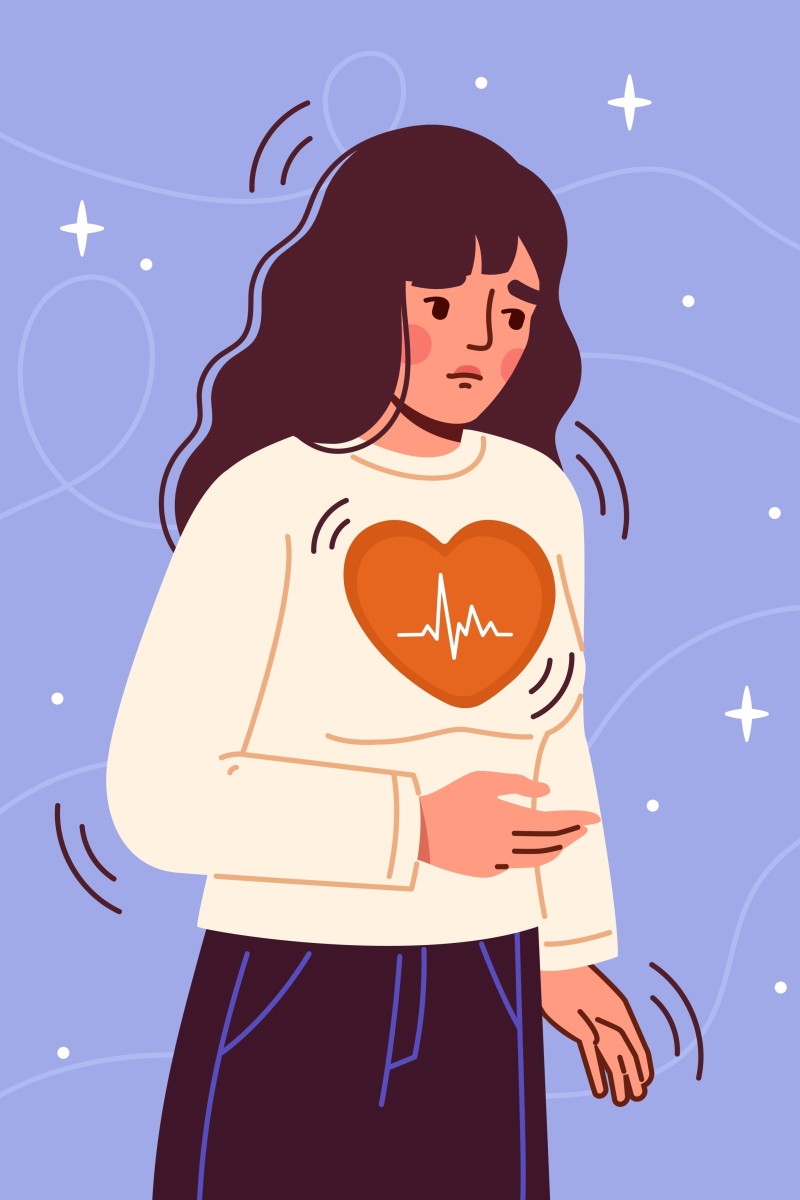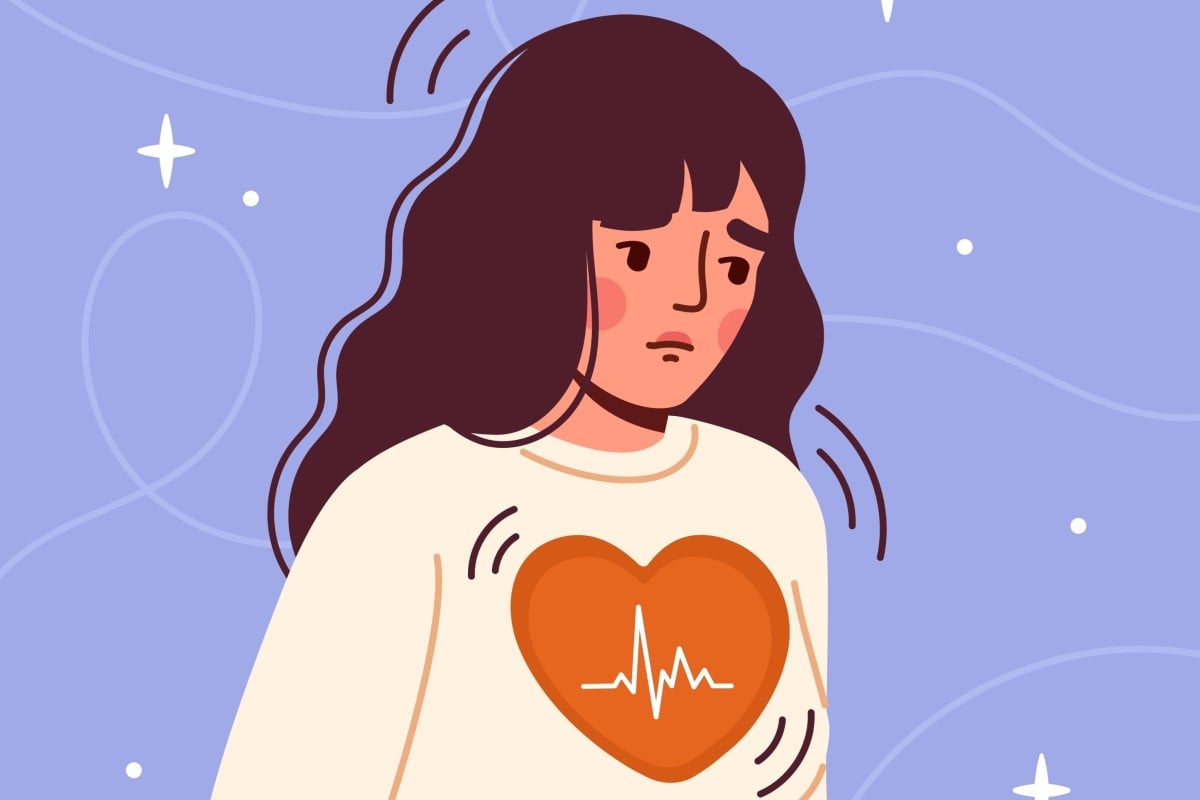
Asking for a Friend: Help! I have a panic attack every time I see my former bullies. What should I do?
Each week, we respond to a question from our readers and give advice and resources they can turn to.
 A panic attack is a natural response to fear, but you can stop them. Photo: Shutterstock
A panic attack is a natural response to fear, but you can stop them. Photo: ShutterstockNeed an answer to a personal question that you’ve never mustered the courage to ask? We’ve been there. Whether it is about school, family issues or social life, share your thoughts with us. If you have a question you’d like answered (about anything at all), please fill out this Google Form. Don’t worry – you will remain anonymous!
Dear Friend,
Is it normal to be terrified when I see the ex-classmates who bullied me? Every time I see them, I have a panic attack. How can I stop and get better?
Signed, Scared and Anxious
Help! I feel self-conscious and anxious about my thicker thighs
Dear Scared,
It is entirely natural to experience fear and anxiety when you face people who have harmed you in the past.
It is normal and a common reaction, especially if you have endured severe, prolonged bullying. Your emotional response – a panic attack – indicates trauma stemming from the experience.
Why is this happening?
Panic attacks are sudden episodes of intense fear or discomfort, with significant physical and psychological reactions.
Symptoms may include palpitations, sweating, trembling, difficulty breathing, chest pain, dizziness and feelings of losing control or impending doom. These attacks can be triggered by specific situations or things.
Encountering your former bullies can activate a fight-or-flight response, our body’s way of preparing to confront a perceived threat. Your panic attack seems to be your response, as the threat feels intense and overwhelming, even if it is rooted in past experiences rather than a present danger.
Bullying can have lasting effects on a person’s mental health and overall well-being, often leading to feelings of fear, anxiety, inadequacy, and insecurity.
Research indicates that bullying is associated with an increased risk of anxiety, depression, post-traumatic stress disorder (PTSD), panic disorder and other psychological issues. It is essential to prioritise your mental health and explore strategies to cope with these emotions. Here are some suggestions:
Help! I feel trapped at home, helping my mum take care of my siblings. What should I do?
Acknowledge your feelings
It is essential to recognise that your emotions are valid and should not be dismissed. It is normal to feel distressed or frightened in these situations.
Seek professional help
Surround yourself with caring and understanding friends and family. This network will empower you to navigate challenging moments, and their support will foster a sense of safety and security, which is crucial for your well-being.
Build a strong support network
It is perfectly normal to be nervous and afraid when seeing people who bullied you. The psychological effects of bullying can have a lasting impact on your mental health. Seeking help from a professional, developing coping strategies and establishing a supportive network of friends and family are essential steps towards your healing.
Sending you strength, Friend of a Friend
This question was answered by clinical psychologists from the Department of Health under Shall We Talk, a mental health initiative launched with the Advisory Committee on Mental Health.